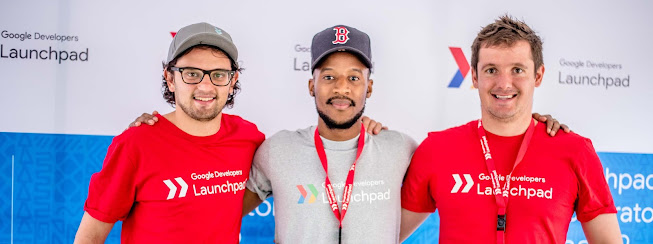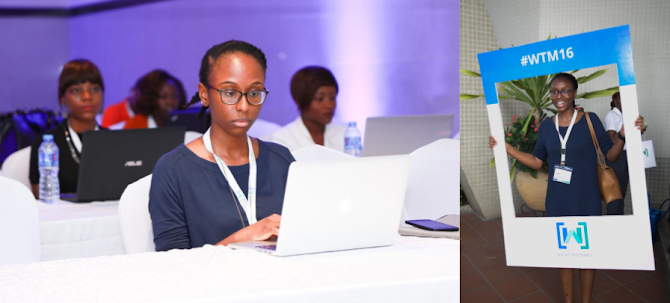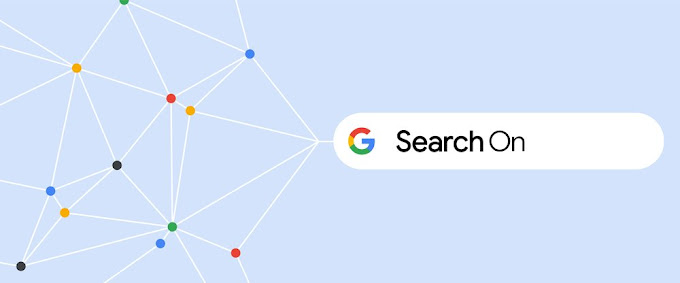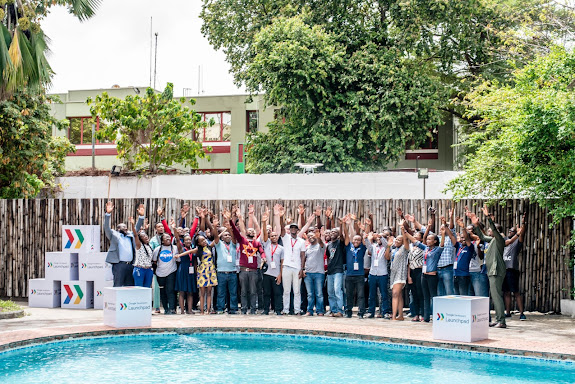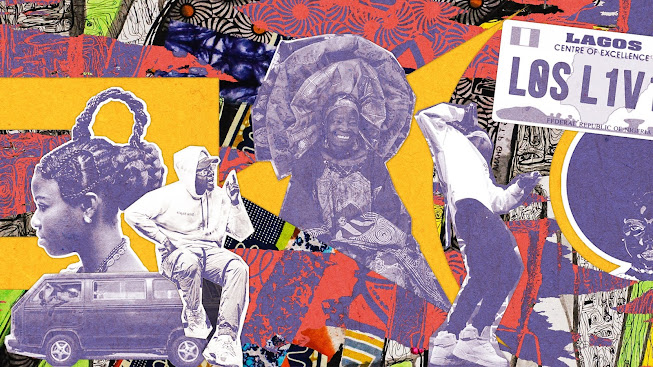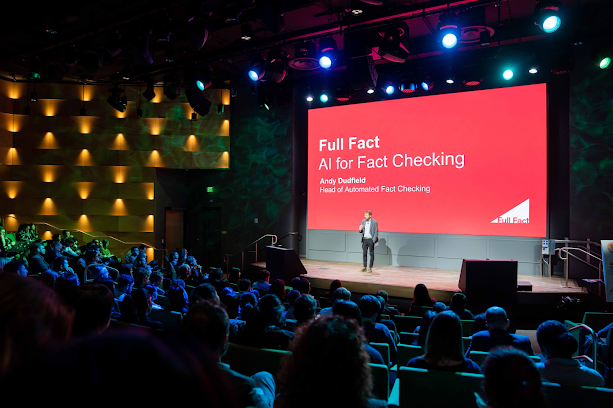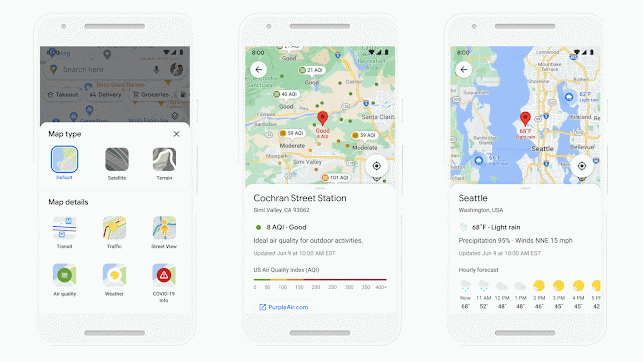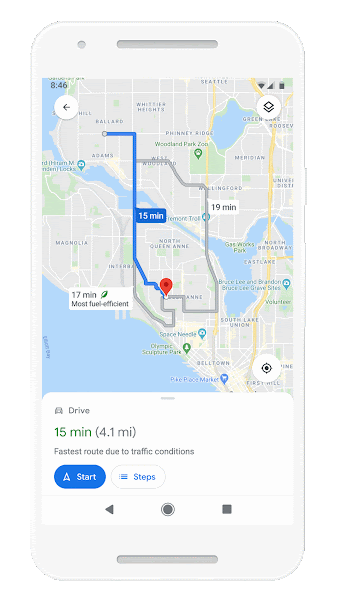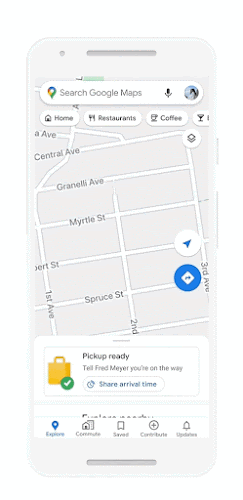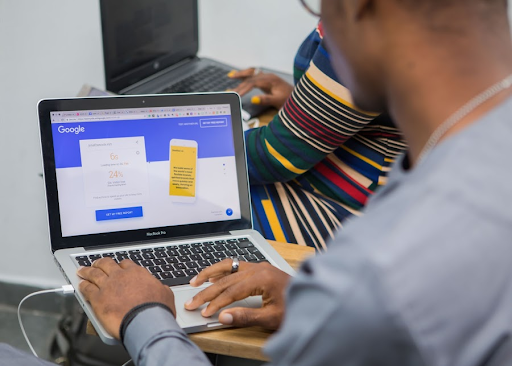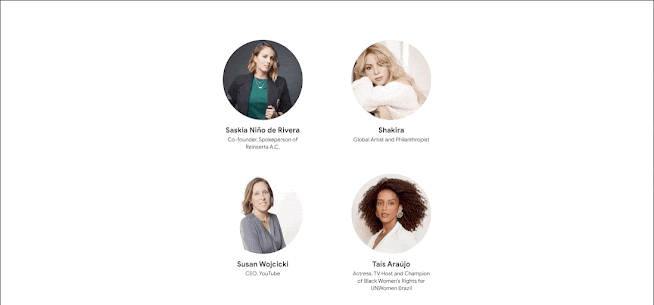Google’s Developer Community Programs
Across the continent, developer communities are growing, creating an entry point for young developers looking to connect with their peers and upskill. Back in 2009, Faiz Bashir, a Nigerian software developer, established the first Google Technology User Group in Africa, thereby planting the seeds for what would grow to be the largest developer network across the continent. There are currently over 150 Google Developer Groups in 36 countries, and over 200 Google Developer Student Clubs in institutions of higher learning across Africa. These developer communities host regular events, workshops and conferences designed to share and learn together. Developers are able to apply their knowledge and connections to build great products and advance their skills and careers, as well as give back by helping others learn.
The Google and IFC e-Conomy Africa 2020 report also established the need for upskilling and education opportunities for developers to boost their capabilities. In line with this, Google has an ongoing commitment to train 100,000 African developers on Android, Mobile Web and Cloud technologies. To date, Google’s Africa Developer Scholarship program has offered 77,000 training opportunities to developers from 54 African countries, as well as professional certification opportunities to the top 1,500 learners. Our content partner for the program, Pluralsight, provides a custom learning platform for the developers to not just learn, but also continuously assess and apply acquired skills as they progress through the training. Looking forward to how this developer training translates directly into employment opportunities, Google has been working with Andela to develop a job network which will provide developers who go through the program access to entry-level work opportunities. Applications are open until May 28 for the 2021 Google Africa Developer Scholarship class, with 40,000 training opportunities available for African developers.
We welcome you to view our I/O talk The Future is Africa: African Developers are Building for the World, and to dive deeper into the data behind our talk by reading the Google and IFC e-Conomy Africa 2020 report, and the Africa Technology Ecosystem 2020 research. Developers, we hope to see you at an upcoming meetup!
Posted by
Andy Volk, Head of Developer Ecosystem, Sub-Saharan Africa &
John Kimani, Program Manager, Developer Ecosystem
====
L’avenir passe par l’Afrique : Les développeurs africains construisent pour le monde
Il y a cinq ans, à l’occasion d’un concours d’innovation dans le domaine de l’assurance, trois jeunes Sud-Africains, Matthew Elan Smith, Ndabenhle Junior Ngulube et Marnus van Heerden se sont associés, marquant ainsi le début de leur aventure commune dans l’entrepreneuriat technologique. Après des mois de travail sur la partie technique et de tests préliminaires auprès d’un nombre réduit d’utilisateurs, l’équipe a lancé Pineapple, une plateforme d’assurance en « peer-to-peer » qui permet aux membres inscrits d’assurer leurs biens au moyen d’une application mobile. Pineapple compte désormais plus de 80 000 utilisateurs avec pour objectif d’établir des partenariats avec des compagnies d’assurance régionales afin d’accroître la valeur de son réseau.Les fondateurs de Pineapple font partie des talents numériques africains qui construisent l’avenir du paysage technologique de cette région du monde. Ces jeunes hommes font également partie des 67 créateurs de start-up qui ont obtenu leur diplôme dans le cadre du programme accélérateur de Start-up Google for Startups Accelerator Africa au cours de ces trois dernières années. Nous avons créé l’accélérateur pour permettre aux jeunes entreprises africaines en phase de croissance d’accéder au meilleur de Google, à savoir nos collaborateurs, nos pratiques, nos processus et notre technologie. Ces start-up ont vu le jour dans 10 pays d’Afrique et elles ont eu un impact considérable sur l’économie africaine en permettant de créer 2800 emplois et d’attirer 72 millions de dollars d’investissements. Nous poursuivons cet engagement en faveur des créateurs d’entreprise africains et avons récemment annoncé le lancement de la 6e promotion d’Accelerator Africa qui démarrera en juin de cette année.
Au cours des dix années qui viennent de s’écouler, Google s’est attaché à soutenir la croissance de l’écosystème des développeurs et des start-up en Afrique par la mise en place d’un large éventail de programmes. Afin d’évaluer et de mettre en avant l’importance de l’écosystème technologique de l’Afrique, Google s’est associé à Accenture en 2020 dans le cadre d’une étude visant à faire ressortir les atouts et les opportunités de ce secteur. Cette étude a montré que ce continent compte près de 700 000 développeurs de logiciels en Afrique.
Aujourd’hui, nous lançons la dernière étape de ce parcours avec la mise en ligne de la conférence Google I/O 2021 « L’avenir passe par l’Afrique : Les développeurs africains construisent pour le monde », occasion pour nos équipes de partager les connaissances acquises au fil de ses années de travail auprès des développeurs du continent africain.
Sur tout le continent, le nombre de communautés de développeurs ne cesse d’augmenter, créant une porte d’entrée pour les jeunes développeurs qui cherchent à nouer des contacts avec leurs pairs et à monter en compétence. En 2009, Faiz Bashir, développeur de logiciels nigérian, a créé le premier groupe d’utilisateurs de la technologie Google en Afrique, jetant ainsi les bases de ce qui allait devenir le plus grand réseau de développeurs du continent. Il existe actuellement plus de 150 Groupes de développeurs Google répartis dans 36 pays, et plus de 200 Clubs d’étudiants Google Developer au sein des établissements d’enseignement supérieur africains. Ces communautés de développeurs organisent régulièrement des événements, des ateliers et des conférences axés sur le partage des connaissances et l’apprentissage en commun. Ainsi, les développeurs sont en mesure d’appliquer leurs connaissances et leurs réseaux pour créer d’excellents produits, améliorer leurs compétences et progresser dans leur carrière, tout en donnant en retour afin d’aider d’autres professionnels à se former.
Google s’est également engagé à créer un écosystème de développeurs dans lequel les femmes ont toute leur place. Notre programme Women Techmakers a pour but de soutenir les femmes dans le domaine de la technologie par le biais d’initiatives communautaires leur permettant d’établir des liens et de travailler en réseau, de renforcer leur visibilité et d’accéder à des ressources de formation spécifiques. Ire Aderinokun a participé au premier sommet organisé à Lagos en 2016, à l’occasion de la Journée internationale des femmes, où elle a découvert le réseau Google Developers Experts. Elle a posé sa candidature et fait désormais partie d’un réseau mondial de développeurs possédant une expertise approfondie des technologies de Google et qui donnent de leur temps pour partager leurs connaissances.
Formation destinée aux développeurs de logiciels basés en Afrique
Le rapport de Google et de l’IFC e-Conomy Africa 2020 a également montré la nécessité d’offrir aux développeurs des possibilités de perfectionnement et de formation afin de renforcer leurs capacités. Dans cette optique, Google s’est engagé à former 100 000 développeurs africains aux technologies Android, Web mobile et Cloud. À ce jour, le programme de bourses d’études destiné aux développeurs africains mis en place par Google a proposé 77 000 offres de formation à des développeurs issus de 54 pays africains, ainsi que des possibilités de certification professionnelle aux 1500 premiers. Pluralsight, notre partenaire de contenu pour ce programme fournit une plateforme d’apprentissage personnalisée permettant aux développeurs non seulement d’apprendre, mais aussi d’évaluer et d’appliquer en permanence les compétences acquises au fur et à mesure de leur progression. Soucieux de voir comment cette formation de développeur se traduit directement en opportunités d’emploi, Google a travaillé avec Andela pour mettre en place un réseau d’offres d’emploi qui permettra aux développeurs qui suivent le programme d’accéder à des postes de niveau junior. Les candidatures sont ouvertes jusqu’au 28 mai pour la promotion de d’étudiants bénéficiant de bourses Google Africa 2021, avec 40 000 offres de formation destinées aux développeurs africains.
Nous vous invitons à visionner notre conférence I/O L’avenir passe par Afrique : Les développeurs africains construisent pour le monde. Pour aller plus loin, nous vous recommandons la lecture du rapport e-Conomie Afrique 2020 réalisé par Google et l’IFC ainsi que de l’étude sur L’écosystème technologique de l’Afrique 2020. Développeurs, nous espérons vous rencontrer à l’occasion d’un prochain événement !
Poste par
Andy Volk, responsable de l’écosystème des développeurs, Afrique subsaharienne et
John Kimani, Directeur de programmes, Écosystème des développeurs
